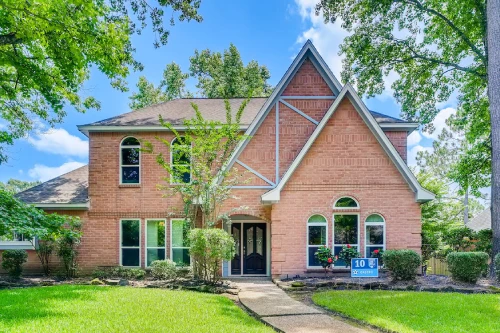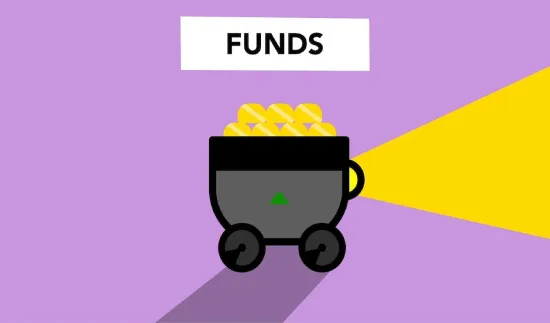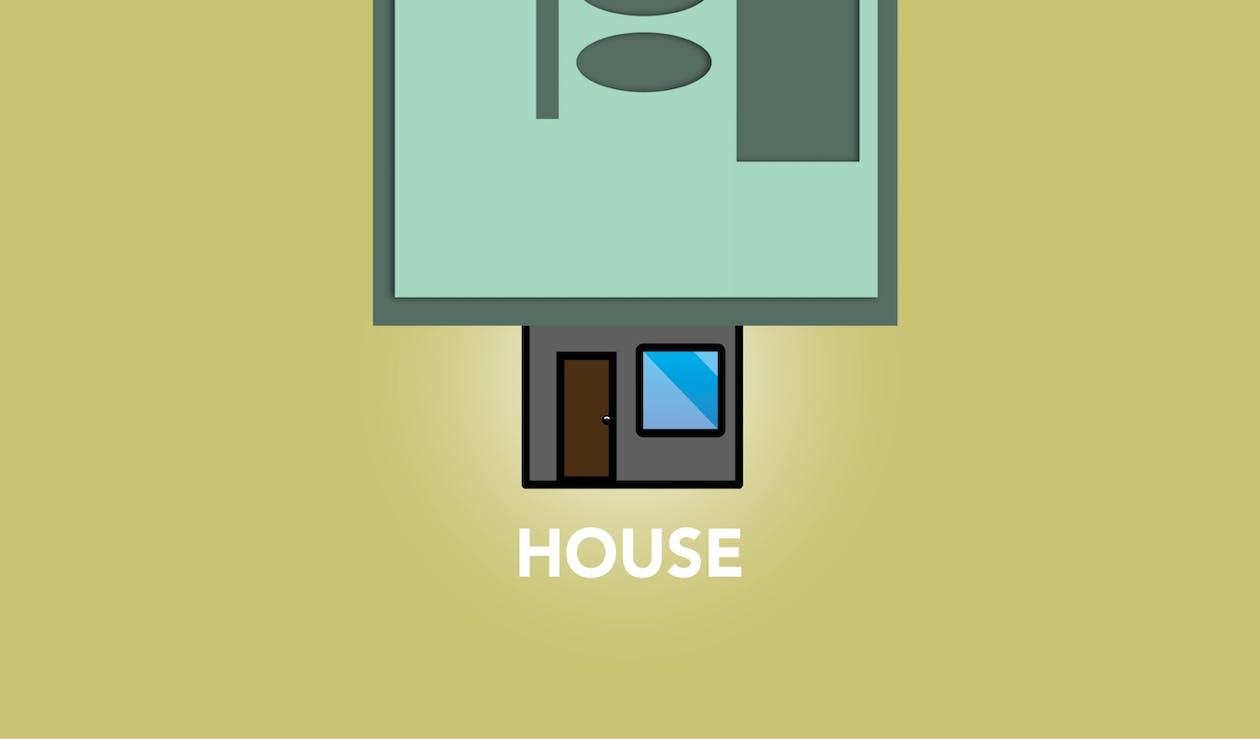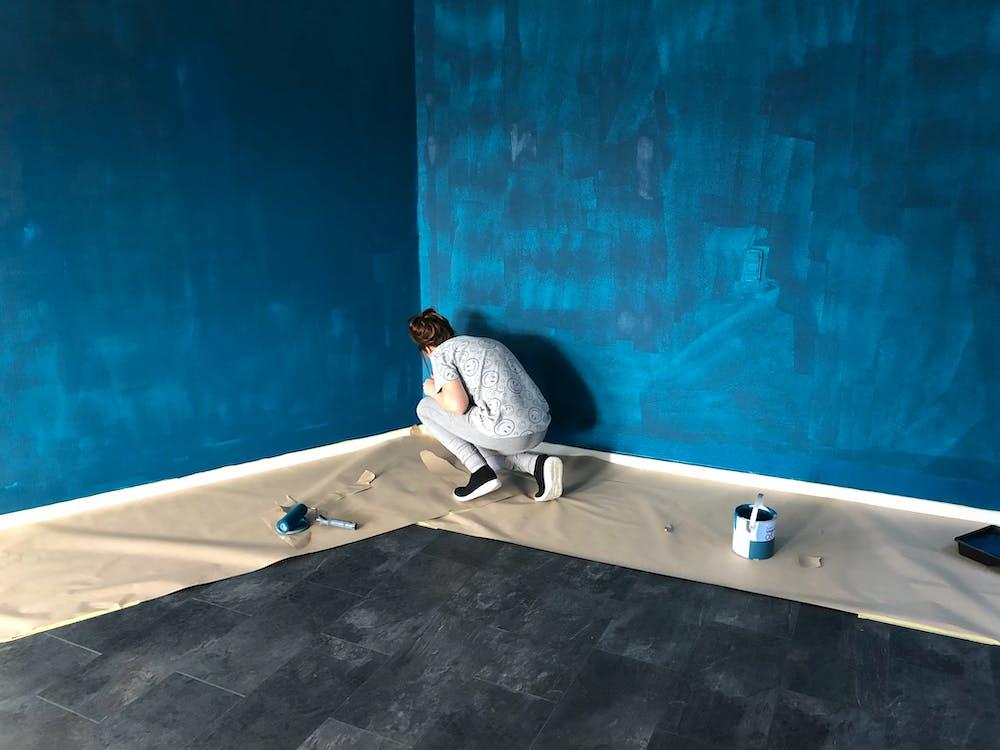A tax abatement is a financial benefit that may reduce the amount of property tax you have to pay in NYC. Abatements reduce the taxes after they have been calculated, and the condo owners may qualify for these tax abatements directly and get a smaller property tax bill. Since co-op buildings are taxed as a whole, the tax abatement is usually passed on to the individual apartment owners in the form of a lower maintenance fee.
Tax Abatement Types And Durations In NYC
Homeowners in NYC can benefit from a number of tax abatement programs.
421a Tax Exemption/Abatement
The 421a tax abatement started out in 1971 and was offered to property developers to encourage them to build residential properties. The developers passed on this tax benefit to apartment buyers, and a lower tax bill made the properties more appealing. The 421a tax abatement may last for 10, 15, 20, or 25 years, usually on a sliding scale.
In the abatement lasting ten years, there are no property taxes for the first two years, 80% tax reduction for the next two, 60% reduction for the next two, and so on. For a building that qualified for the 25-year tax abatement, the owners don’t pay any tax for the first 21 years; then, the abatement is slowly phased out in the next four years.
These abatements are usually mentioned with the listings, and there are still hundreds of apartments with a valid 421a tax abatement. However, you should look into the expiration date for this abatement because, after that, the tax bill or maintenance fee may potentially see a significant increase.
Similar tax abatement available to property developers is the 421b.
Condominium owners can see whether or not they have gotten this tax abatement in their quarterly property tax bills available on the Department of Finance website.
Cooperative and Condominium Tax Abatement
A cooperative and condominium tax abatement reduces the tax bill of qualified properties (co-op or condo apartments) by a set percentage. There are four tiers based on the assessed value of the property.
Source – NYC Department of Finance
It’s important to note that the assessed value can be significantly lower than the market value of a property.
Some of the requirements to qualify for this abatement are:
- The residential unit must be the owner’s primary residence, and they shouldn’t have more than three units in the building.
- The property should be in tax class 2.
- The owner is not receiving other tax abatements (like 421a).
- Business (LLC) and sponsor-owned units don’t qualify.
Unlike a 421a, there is no expiration date for this tax abatement. However, you have to keep complying with the requirements to keep receiving this benefit.
J-51 Tax Exemption and Abatement
When you perform major construction/renovation work on a building, its assessed value can go up. And a higher value means a higher property tax. The J-51 tax abatement program can help you in this regard. It “freezes” your assessed value at the pre-renovation level so that you keep paying taxes at the old assessed value instead of the new one. This prevents property taxes from soaring right after a major renovation.
The eligibility for this program is determined by the Department of Finance, and it favors affordable housing projects. The duration of the program can be 34 years or 14 years. In either case, the last four years are for the phase-out, in which the benefit is slowly reduced to nothing, and the one or three decades before that are fully exempt. And you also get to reduce the remaining property taxes by about 8.3% or 12.5% of the construction/renovation cost for up to 20 years.
Roof Abatements
Green Roof Abatement: Roofs with vegetations that absorb water and provide natural insulation may qualify for a one-time abatement of $5.23 per square foot for a maximum of $200,000. If one year’s taxes are not enough to take full advantage of the abatement, it may trickle down to the next five years.
Solar Roof Abatement: It’s a tax benefit provided to buildings that use solar power, and the benefit amount (by which you reduce your property tax) is capped at $62,500. The abatement is applied to the property tax for a four-year period.
















